Civil society groups have raised concerns over the withdrawal of police personnel from the Kano State Public Complaints and Anti-Corruption Commission, criticizing the move during a press conference held in Abuja.
The groups said the withdrawal of approximately 40 police officers, responsible for security and investigative tasks, has not only hindered the commission’s work but also raised questions about the impartiality and independence of law enforcement agencies.
According to them the action is perceived as an attempt to impede ongoing corruption investigations involving Abdullahi Umar Ganduje, the National Chairman of the ruling All-Progressives Congress (APC) and former governor of Kano State.
The civil society groups have also issued recommendations to address corruption effectively in Nigeria.
Read Also:
Kano Anti-Graft Quizzes TV MD Over Alleged Fraud
They emphasize the need for autonomy and integrity within the judiciary, urging the National Judicial Council to monitor its members diligently.
They also call for transparency and accountability in governance, urging political parties to denounce and suspend members facing corruption allegations.
They also call for adequate resource allocation to anti-corruption agencies and also highlighted the essential to uphold their independence and efficiency.
Furthermore The groups called on religious leaders, community leaders, and opinion influencers to promote ethical behavior and combat corruption within their spheres of influence.
The reinstatement of police personnel withdrawn from the Kano State Anti-Corruption Commission are urged to facilitate the commission’s duties effectively.
The Civil society organizations also reaffirm their commitment to the fight against corruption and call for collective action to build a corruption-free Nigeria.
The withdrawal of police personnel from the Kano State Anti-Corruption Commission was allegedly ordered by the Inspector General of Police on April 25th. The move has sparked widespread criticism and calls for accountability in law enforcement actions related to anti-corruption efforts.
The groups are as follows
1. Civil Society Legislative Advocacy Centre (CISLAC)
2. Human and Environmental Development Agenda (HEDA Resource Centre)
3. Resource Centre for Human Rights and Civic Education (CHRICED)
4. Centre for Information Technology and Development (CITAD)
5. African Centre for Media & Information Literacy (AFRICMIL)
6. Borno Coalition for Democracy and Progress (BOCODEP)
7. BudgIT Foundation
8. Corporate Accountability and Public Participation Africa (CAPPA)
9. State of the Union (SOTU)
10. Tax Justice and Governance Platform
11.Transition Monitoring Group (TMG)
12.Women in Media Communication Initiative (WIM)
13.Zero Corruption Coalition (ZCC)
14.Alliance for Credible Elections (ACE)
15.Centre Democracy and Development (CDD)
16. Accountability Lab, Nigeria
17. Centre for Journalism Innovation and Development (CJID}
18.Say NO Campaign – Nigeria
19.Femi Falana Chamber
20.Health of Mother Earth Foundation (HOMEF)
21.Socio-Economic Rights and Accountability Project (SERAP)
22. Good Governance Team
23.21st Century Community Empowerment for Youth Initiative
24. OCCEN-Kano
25. Mothers and Marginalised Advocacy Centre ( MAMA Centre)
26.Social Action
27.Centre for Transparency Watch
28.West Africa Civil Society Forum WASCSOF
29.Global Rights
30 African Centre for Leadership, Strategy & Development (Centre LSD)
31.Partners West Africa
32.Order Paper
33.Say No Campaign
34 Environmental Rights Action/Friends of the Earth, Nigeria. ERA
35.Center for Fiscal Transparency and Public Integrity
36.Amnesty International Nigeria
37. RULAAC – Rule of Law and Accountability Advocacy Centre
38. Connected Development (CODE)
39. Centre for Democratic Research and Training (CRDDERT)
40. Praxis
41.CLEEN Foundation
42.Spaces for Change
43.Abuja School of Social and Political Thought
44.Yiaga Africa
45.Policy Alert
46.Socio Economic Research and Development Centre
47.Procurement Observation and Advocacy Initiative
48.Media Rights Agenda
49.MEDIA INITIATIVE FOR TRANSPARENCY IN EXTRACTIVE INDUSTRIES (MITEI)
50.Centre for Social Justice

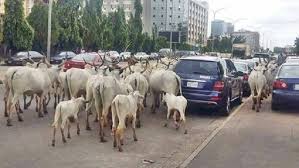
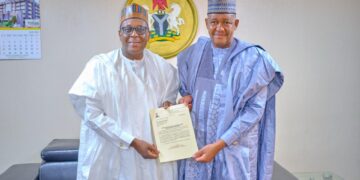

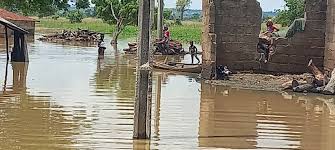
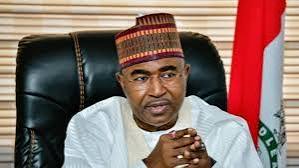

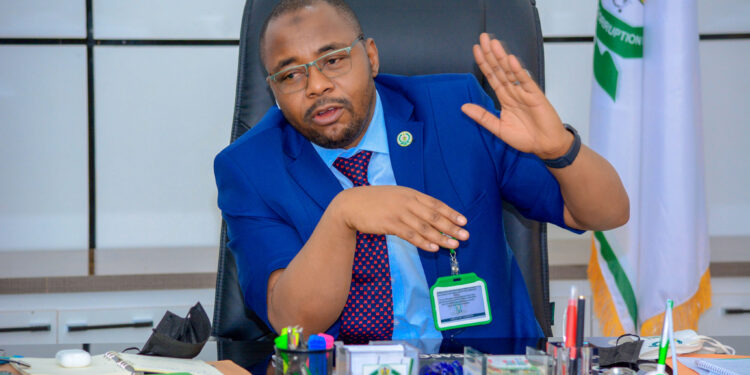





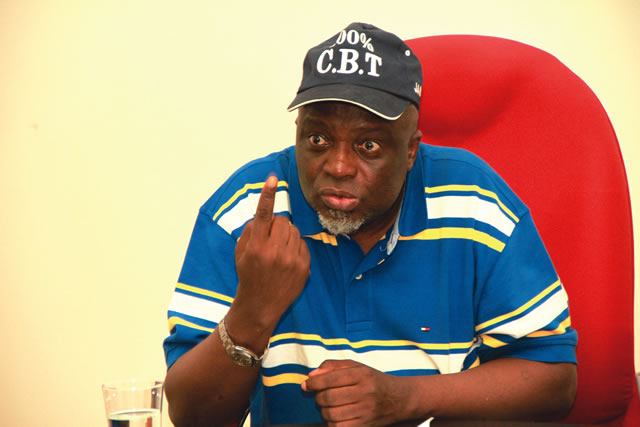
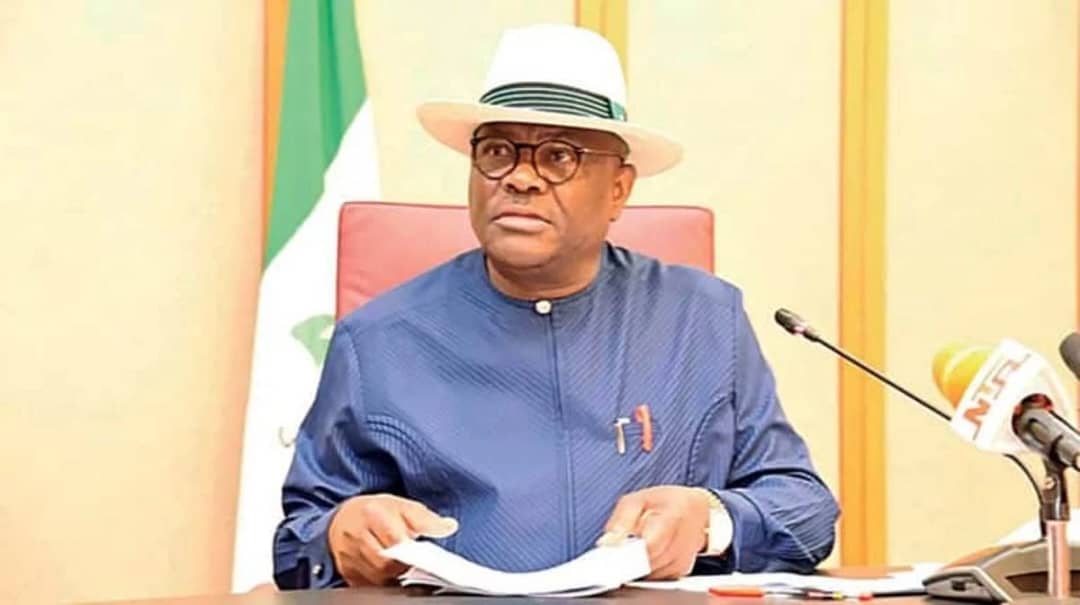
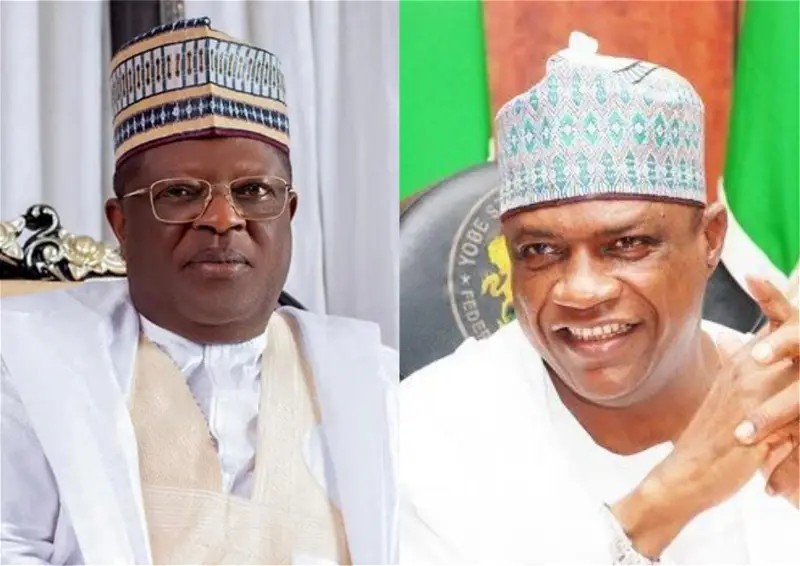






 You can install this WP plugin on your website from the WordPress official website:
You can install this WP plugin on your website from the WordPress official website: 